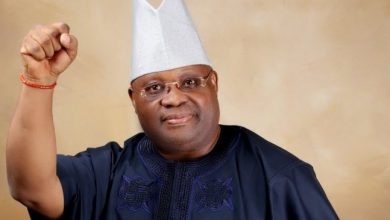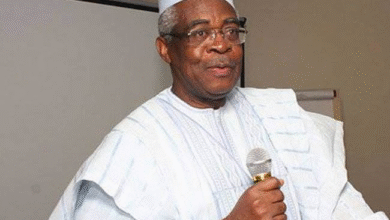Tinubu’s Two-Year Term: A Balancing Act Amidst Economic Challenges

President Bola Tinubu’s administration has navigated complex economic reforms over the past two years, yielding mixed results. A review of key statistics provides insight into the impact of these policies.
The inflation rate surged to 35% in December 2024, the highest in three decades. This sharp increase has eroded purchasing power, affecting Nigerians’ standard of living. The depreciation of the naira from N463/$1 in May 2023 to nearly N1,600/$1 in April 2025 has further exacerbated economic pressures.
The removal of fuel subsidies led to a significant price hike, from N197/liter to N800-N900/liter. This increase has had far-reaching consequences, including higher transportation costs and increased prices of goods and services.
Despite these challenges, the economy has shown resilience, with a GDP growth rate of 3.4% in 2024. The projected moderation of inflation to 15% in 2025 offers hope for economic stability.
Tinubu’s economic reforms aim to address long-standing issues, such as subsidy burdens and foreign exchange distortions. However, the short-term consequences have been severe, and the administration faces the daunting task of balancing economic growth with social welfare.
As Tinubu’s administration navigates its second term, it must prioritize policies that alleviate poverty, promote economic inclusivity, and foster sustainable growth. The road ahead will require careful calibration of economic policies to mitigate the adverse effects of reforms and ensure that growth is equitable and beneficial to all Nigerians.




